Coffee is a daily pick-me-up for many, yet it's surrounded by myths that can mislead even the most devoted coffee lovers. At Solai Coffee, we believe in sharing facts that empower you to make informed choices about your coffee experience. Let's uncover the truth!
Coffee Is Unhealthy
Truth: Coffee Provides Multiple Health Benefits
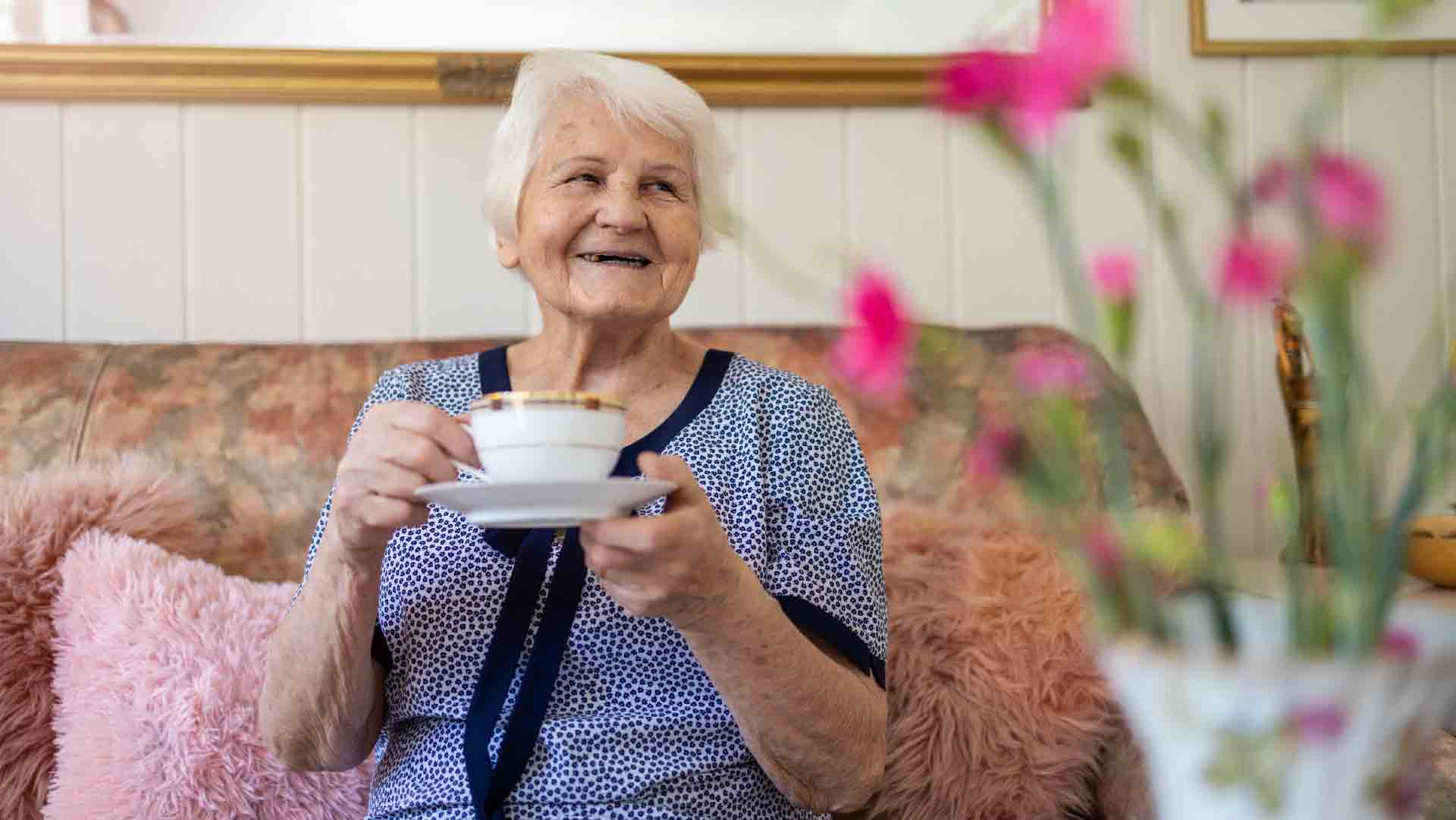
While excessive caffeine intake can lead to restlessness, moderate coffee consumption offers numerous health benefits.
Coffee is packed with antioxidants to combat inflammation and risks of neurodegenerative diseases such as Alzheimer's and type 2 Diabetes. Studies suggest that habitual coffee drinkers are less likely to develop this chronic condition.
Learn more about the health benefits of coffee here.
Freezing Is the Best Way to Store Fresh Coffee Beans
Truth: Airtight Storage in a Cool, Dark Place Is Better
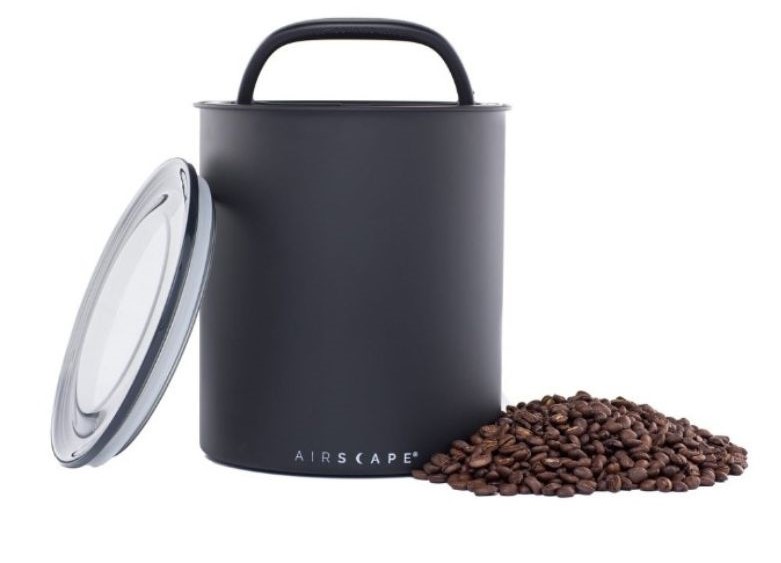
Freezing coffee beans exposes them to moisture and fluctuating temperatures, degrading bean quality.
The best way to store coffee is in an airtight container, away from light, heat, and moisture. This preserves the beans' natural oils and flavors. If you've been freezing your coffee, it's time to switch to a more effective storage method to keep your brew fresh!
Related Article: How Long Does Coffee Last?
Coffee Tastes Best Immediately After Roasting
Truth: Coffee Beans Need Time to Degas for Optimal Flavor
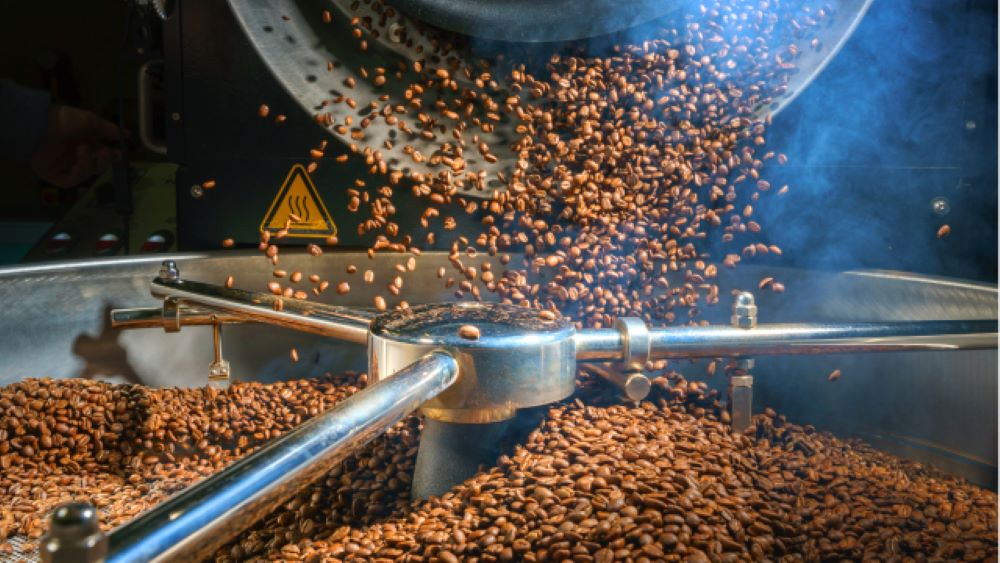
Freshly roasted coffee beans release carbon dioxide, interfering with extraction and taste. This is why allowing coffee to rest for 3-7 days after roasting enhances its flavor.
At Solai Coffee, we ensure that our beans are properly degassed before they reach you—so you get the best taste in every cup.
Coffee Stunts Your Growth
Truth: There's No Scientific Evidence to Support This Claim

This age-old myth likely stems from early misconceptions about caffeine affecting bone development. However, no scientific study has found a link between coffee consumption and stunted growth.
While caffeine can interfere with calcium absorption in extreme amounts, a balanced diet efficiently counteracts this effect. So, rest assured—drinking coffee won't affect your height!
Dark Roast Coffee Contains More Caffeine
Truth: Caffeine Content Remains the Same Regardless of Roast Level
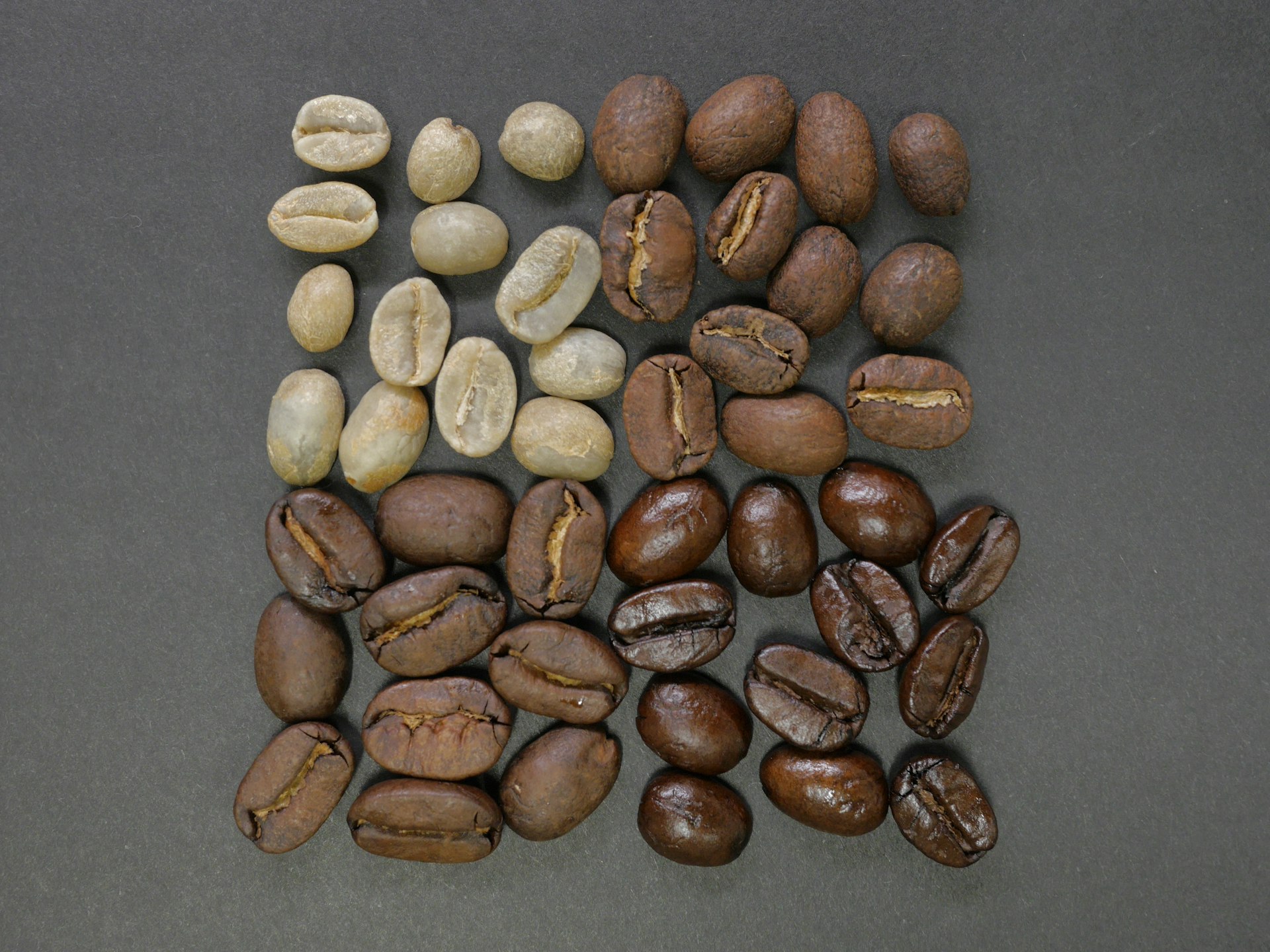
Many assume that dark roast coffee is stronger in caffeine, but the truth is that caffeine content does not change significantly between light and dark roasts.
As coffee beans roast, they expand in size, meaning dark roast beans are larger and less dense than lighter roasts. When measured by volume (scoops), light roast coffee has more caffeine because the beans are smaller and more compact. However, caffeine content remains nearly identical across roast levels when measured by weight.
The bold, smoky taste of dark roast often leads people to believe it has more caffeine, but the strength lies in flavor, not caffeine concentration.
Read more: Types of Coffee Roasts
Espresso Requires Special "Espresso Beans"
Truth: Any Coffee Bean Can Be Used for Espresso

Espresso isn't a type of coffee bean but a brewing method.
While some beans are marketed as "espresso beans" because they suit the espresso process, any high-quality coffee bean can be used. The key lies in the grind size (fine) and the brewing technique (high-pressure extraction).
Coffee Dehydrates You
Truth: Coffee Contributes to Daily Hydration

Caffeine has mild diuretic effects, meaning it can slightly increase urination. However, coffee is mostly water (about 98%), which counteracts any potential dehydrating effects. Studies indicate that moderate coffee consumption does not cause dehydration unless consumed in extreme amounts—about 40 ounces (5 cups) at once.
Want to know more? Read here
Decaf Coffee Contains No Caffeine
Truth: Decaf Coffee Still Has a Small Amount of Caffeine
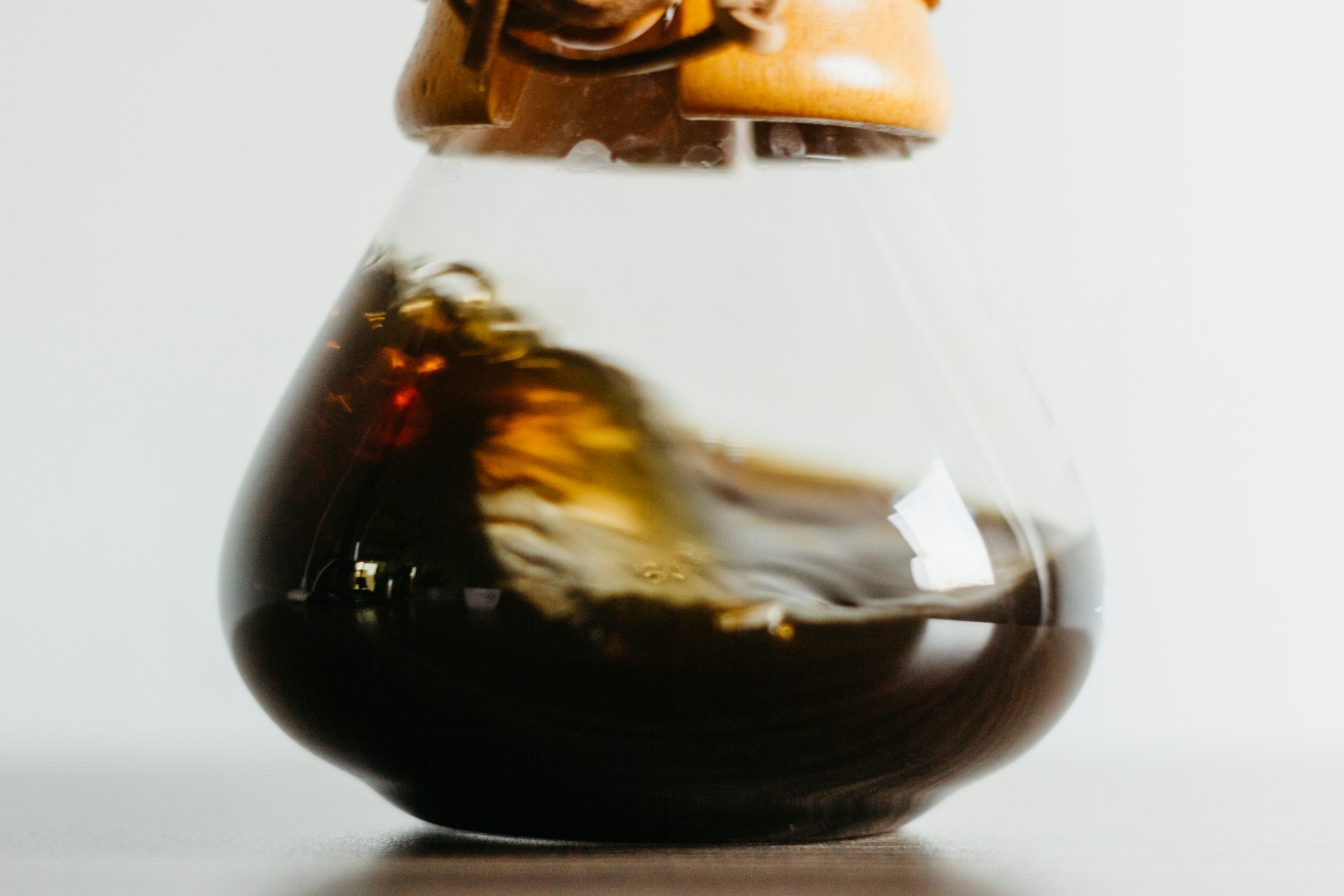
Decaf coffee undergoes a process that removes most caffeine but not all. A typical decaf cup contains about 2-5 mg of caffeine, compared to the 96 mg in a regular cup. While not completely caffeine-free, decaf is a great option for those looking to reduce their caffeine intake while enjoying coffee.
Final Thoughts
Don't let myths cloud your coffee experience! Understanding the truth behind these misconceptions helps you enjoy your coffee fully. Whether you prefer a bold dark roast or a smooth, light roast, Solai Coffee ensures you get the best quality, sustainably sourced beans.
Want to experience the finest coffee yourself? Explore our collection at Solai Coffee and elevate your coffee journey today!
8 Common Coffee Myths Debunked: Tips from Solai Coffee